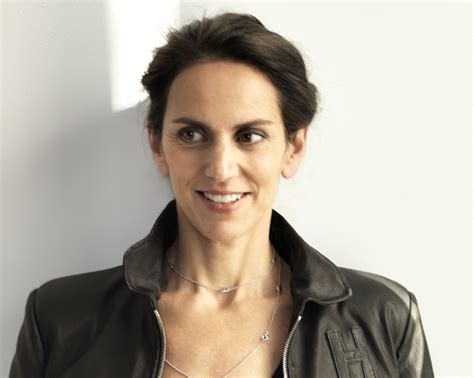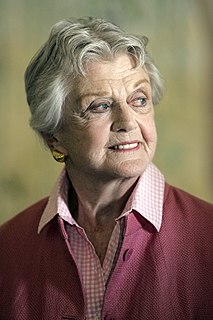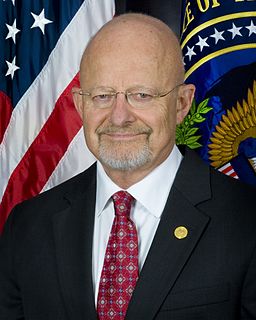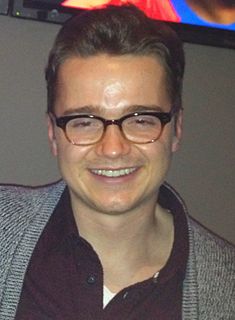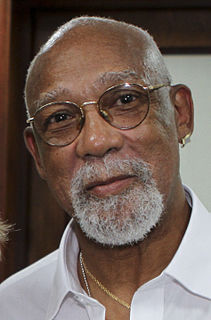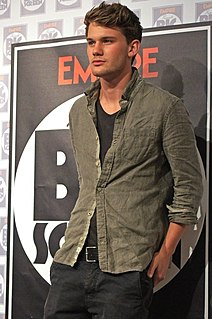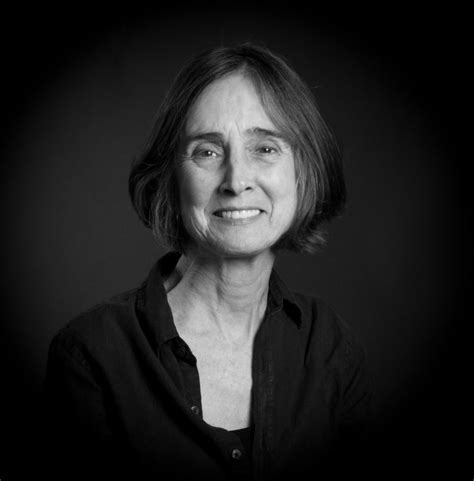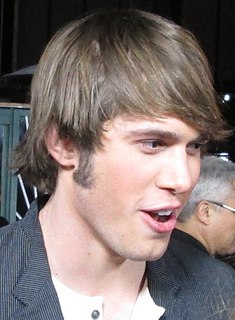A Quote by Park Chan-wook
Ever since I arrived in America to promote Stoker, I haven't had time to go and see it in a theater. The fact that I had to shoot twice as fast as I'm used to in Korea was the most challenging thing about my Hollywood experience.
Related Quotes
The myth that theater isn't for everybody is total nonsense. In the 18th and 19th centuries, everybody in America used to go to the theater all the time. The shows they went to see were big, crazy melodramas that had careening storylines and houses burning down and pretty girls in danger and comedy and death and destruction.
Not only do I look at the playback with the actors, but I look at the on-set assembly footage with the sequences with my actors as well. These are the reasons why I take twice as much time to shoot a film in Korea. Thinking back, I remember on my first ever Korean film, I never used any playback or on-set assembly, so all I had to do was to tell myself it's just like making my first ever Korean-language film. After that, I felt right at home.
The most challenging thing about this one was the vast amount of material we had at our disposal. We had a lot of media to go through - instead of fashion spreads, which informed The Eye Has To Travel, we had art, which was fantastic. I was spoiled by the access we had to these incredible archives and footage.
I was in Korea. I've noticed all my life I see elderly people who have been close to death in an illness and they're absolutely cured and they say, now I know how to live my life. I've seen death. That happened to me when I was 19. It was a terrible, terrifying thing. And I live my life like those people decided to do when they were old. So, since I was 19, I've had the most fun possible every single day, even when I had a rough life. It was the army which taught me about life, and the theater which taught me how good it could be.
The only lie I really remember from my adolescence was when I was in sixth grade and I was dropped off with a couple of friends at the movie theater to go see a movie, I can't remember which one it was, and we went to go see this movie instead that was rated R. That was sort of a defining moment, that was probably the first time I had ever lied to my parents about something.
Let's start with the black glove. We felt it necessary being the fact that the Olympic Games, for the first time ever [in 1968], had been televised worldwide. The second thing is the fact that it was in Technicolor. Never had the games been shown in color before.We wanted it to be understood that we were representing America, but we were representing Black America in particular, so that's why we put the black glove on.
I think I got into acting because I kind of had not much else to do! I guess I was kind of looking for something challenging. I heard about the London Theater scene and it was very different from the upbringing that I had and it felt like a challenge. And the whole sort of London Theater schools, I was told that 6,000 apply and there are like 30 accepted to each one. I was like, "Yeah. Let's see if we can do that!"
It's kind of interesting to experience that kind of a ride after well, essentially so many years of enjoying a career based on failures and then suddenly something clicks. The weird thing is, I never changed a thing. The process is still the process as it ever was. The fact that people decided to go and see a movie that I was in was probably the most shocking thing that I've ever been through.
Everyone had always told me I had to see alpine flowers, since I was writing about flowers, and I had never seen these. So I happened to be teaching a class at the University of Colorado, and I got to go for hikes that took me there. But my perspective was most often down at ground level, trying to see quite tiny exquisite flowers.



